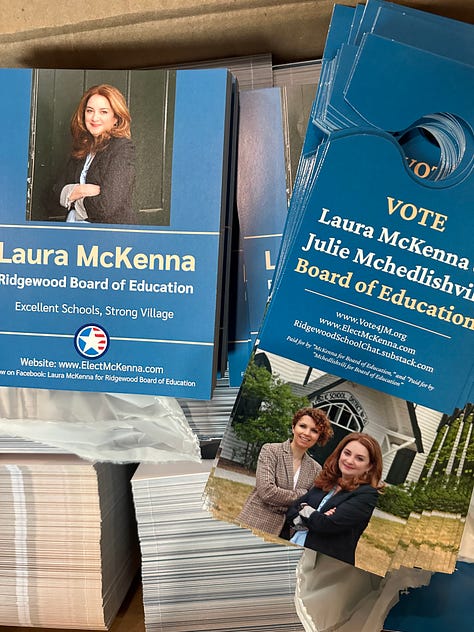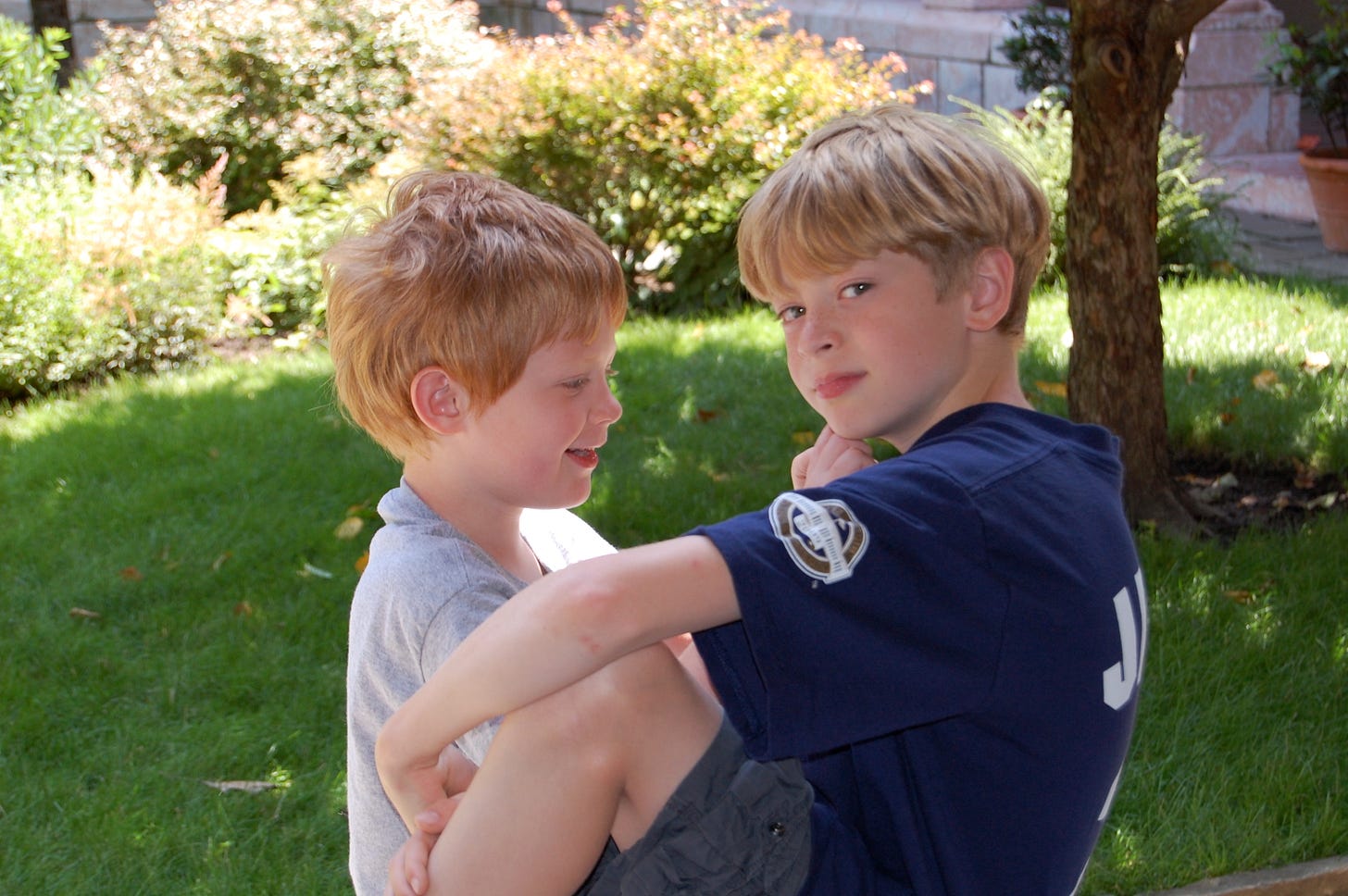As summer draws to the end, I’m feeling a little nostalgic for years past, when I would take the kids to Staples for new school notebooks and binders. Being a little OCD, I do enjoy office supplies and containers, but mostly, I was just happy that my kids were going back to school.
Despite the cliched images of summers, most families aren’t sending their kids to expensive camps or hanging out in the summer homes. Rather, summer is a tough time with inadequate childcare and inflexible work schedules.
Truthfully, I am still scarred by my own experiences with two young boys during those fifteen long weeks that schools closed every summer. There was simply not enough camps or programs for the autistic kid, and I had no help.
Back in 2015, I wrote an article for The Atlantic that discussed the notion of year-round school, where the standard 180 days school year is distributed more evenly throughout the year. For example, students might attend school for 45 days, and then get a 15 day break. Proponents say that year-round school reduces learning loss and keep the continuity of education going all year,
This model gained in popularity since I first wrote that piece, particularly in Washington and South Carolina. It’s also been implemented in pockets of the country that have seen a huge and sudden uptick in population and not enough classroom space to hold all students at one time.
Yet, year-round schools probably won’t be coming to your town anytime soon. The families, who can afford summer camps and second homes, enjoy having that big block of time away from schools. It’s hard to challenge that sentimental attachment to lazy summer breaks, even if it is a fiction for most people. Year-round school is a good idea with no political future.
LINKS
Only 1 in 3 NYC schools are fully accessible to students with physical disabilities, report says. Chalkbeat
Interest in college continues to decline among Gen Z, The 74
Did you watch the Republican debate? I did. Surprisingly, it was equal parts entertaining and enraging. We’re still talking about it here.
The Republicans are trying to court the disgruntled suburban moms by talking about schools, but they’re missing opportunities. Suburban moms don’t care about phasing out the Department of Education. And that’s a weird issue anyway, because less than 10 percent of all education money comes from the Department of Education. Mostly the department deals with providing money for poor kids and special ed kids.
In New Jersey, state Republicans are focusing on Murphy’s sex education curriculum. Instruction about anal sex to 13-year olds is a little much for most parents.
Summer programs didn’t do a whole lot to improve learning loss, Hechinger Report.
“…a new program at Stanford University called the Distinguished Careers Institute. It’s for adults, mostly in their 50s and 60s, who are retiring from their main career and trying to figure out what they want to do with the rest of their lives. The fellows spend a year learning together as a cohort of a few dozen, reinventing themselves for the next stage.” David Brooks, The Atlantic
Personal: Steve took a staycation week. We already had our big trip for the summer, so we stayed put. Five days with everyone home and nothing to do? Let’s paint! Okay, I’m not super popular at this moment.



I’m working on my elections stuff.



Watching: Only Murders in the Building, Ahsoka





I think that 74 piece is mixing up two things: attitudinal surveys and actual enrollment trends. (The survey they're referencing was of *middle school students*, so...they're not affecting college enrollments yet.) Measuring enrollment from 2019 to 2022 is already a kind of WTF if you're going to make claims about trending developments precisely because the pandemic had such a distinctive impact, but also because we're now into the so-called "demographic cliff" where some sort of net enrollment decline is inevitable anyway.